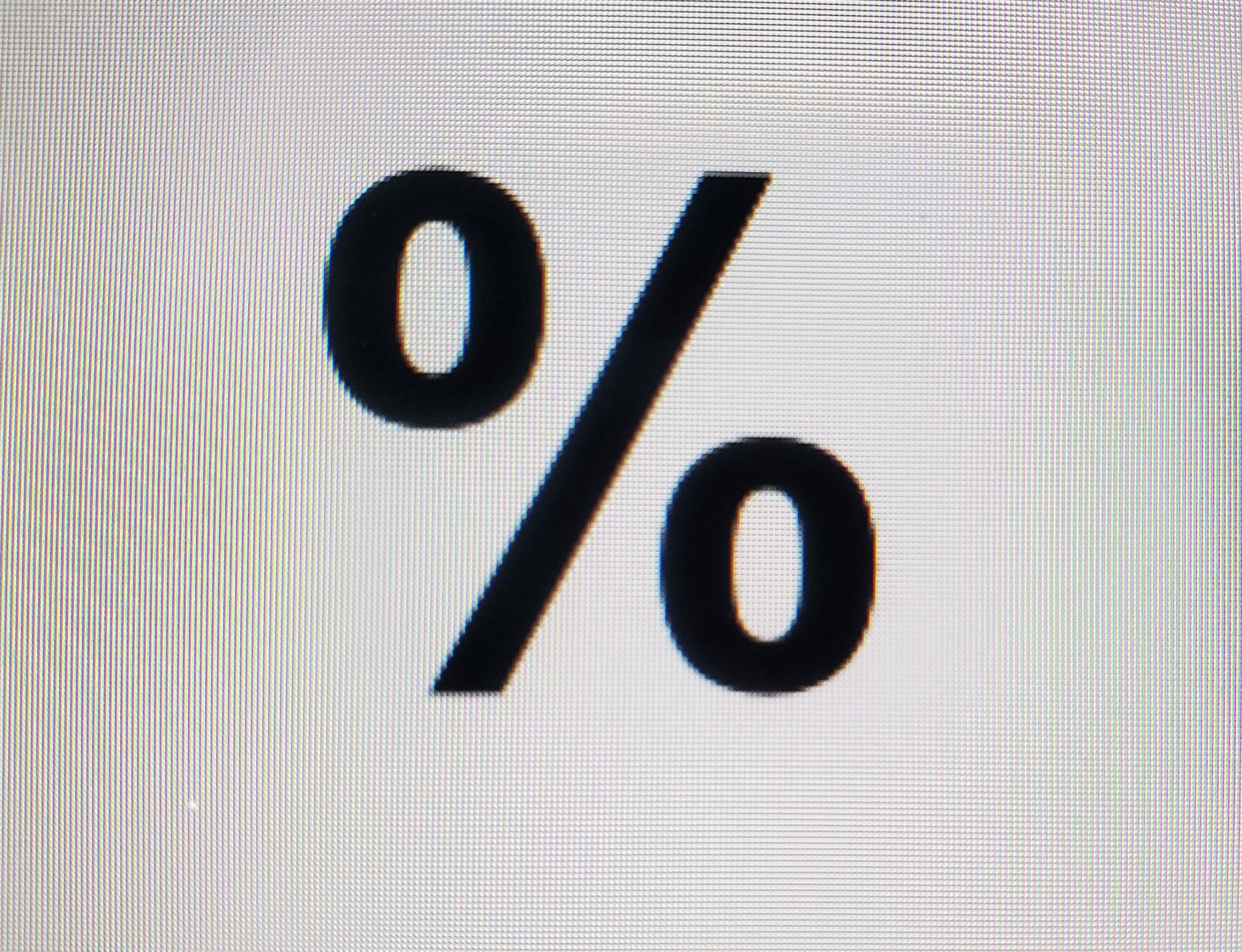Over the past two years, interest rates have been climbing. Expectations by most economists are that interest rates will level off and potentially decline again. Most projections have 30-year mortgage interest rates falling below 7% this year and eventually falling to the low 6% range (or high 5% range) for next year. Some people may look at those numbers and think they still seem very high.
Here’s the catch, in 2021 interest rates were near record lows. The record low 30-year mortgage rate was 2.65% set in January 2021. The 30-year mortgage rate is now right around 7.35%. To give you some perspective, let’s take a look at where interest rates have been in the past.
Prior to April 2022, the last time interest rates were above 5% was back in April 2010. That’s a 12-year stretch below 5% according to data provided by Freddie Mac. Prior to September 2022, the last time interest rates were above 6% was in May of 2008.
But, it’s important to look at perspective. Going further back, November 1990 was the last time interest rates were above 10 percent. Curious what the high watermark for 30-year mortgage rates were? In October 1981 interest rates peaked at a whopping18.63 percent!
As you can see, rates change but they typically do not change very quickly. I would hope that we will never return to the exorbitant interest rates of the 1980’s.
For a $300,000 home, the difference of a half percentage point increase on a 30-year mortgage interest rate will mean your monthly payment will change by roughly $93.00. That may not be a lot, but it adds up over the life of a loan. Also, an interest rate increase could mean that you may not qualify to buy as big of a house as you would like—so you should keep that in mind if you are targeting a particular price point.
From 1971 to 2023, the average 30-year interest rate was 7.75%. We are currently right around 0.4% below that average.
If you have been approved for a mortgage but haven’t bought a home yet, make sure that you touch base with your lender to make sure that the rate that you were quoted did not change significantly. If it did, your payment will go up and your buying power will go down.
Right now, interest rates may seem high compared to where they have been in the last ten years—but historically, they are not unusually high. When I bought my first home in 1993, I was able to get an incredible interest rate of 6.75%! Back then interest rates were usually running between 7% to 8%.
Over the years, many people would purchase a home with a higher interest rate and then refinance that home at a lower rate when interest rates went down. This is something that will likely be a great option in the future.
One of the biggest advantages of buying a home is the ability to build equity. It is much like a forced savings account. You are getting something for your money with each mortgage payment that you make. Renting does not provide that benefit. Also, as noted, if you find your dream home and then refinance in the future with a lower interest rate, you will actually be paying less per month for your mortgage. Keep in mind that typically doesn’t happen when you are renting.
As always, if you’re thinking about buying or selling, give me a call, send me an e-mail, or send me a text at (605) 593-3759.

 Facebook
Facebook
 X
X
 Pinterest
Pinterest
 Copy Link
Copy Link
